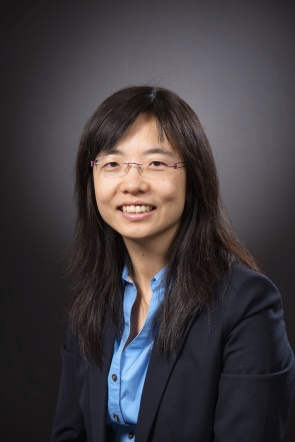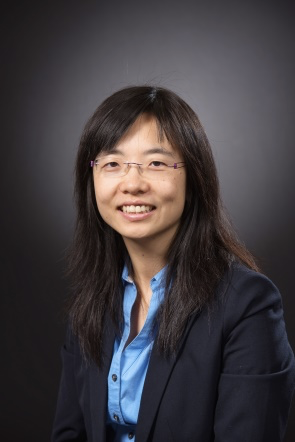Facilitating Security and Trust among Multiple Parties through Blockchain Techniques
Hosted by the IEEE Hawaii Section and the Computer Society, this event is open to the public. Since space is limited, please register to help us manage our space.
The location map now shows the Sandbox parking area.
Optimum Business Solutions LLC is sponsoring refreshments for the meeting.

In this talk, we will discuss some key characteristics of blockchain and a few promising applications of blockchain that can facilitate security and trust among multiple parties. Some examples include applying blockchain to secure software updates for resource-constrained IoT networks; designing a secure and efficient multi-signature scheme to facilitate multi-party approval process on Fabric, an enterprise blockchain platform; and facilitating fair trading of digital-goods via a blockchain based proxy re-encryption scheme.
With the prosperity of edge computing, massive users and devices at the edge of the computer networks are more actively involved in the networks, pushing the information collection, computation, storage, and communications more towards end users. In these more decentralized systems, how to enable efficient and trustworthy interactions among different parties becomes an essential issue.
Blockchain has been considered as a promising approach to facilitate the establishment of decentralized trustworthy computing systems with non-repudiated information records. With the emergence of Bitcoin, blockchain has attracted wide attention as a secure and decentralized platform to enable peer-to-peer exchanges of digital currency. However, Bitcoin can only support simple scripts, which limit its major applications to only decentralized finance. Ethereum is the most well-known permissionless blockchain platform that generalizes the system as a state machine and enables smart contracts, a piece of code that can support complex logic and be self-executed when certain conditions are met. Such generalization enables blockchain to potentially serve as a computing infrastructure to facilitate secure and decentralized interactions among any parties without making high trust assumptions about them.
Date and Time
Location
Hosts
Registration
-
 Add Event to Calendar
Add Event to Calendar
Speakers
 Dr. Yuhong Liu of Santa Clara University
Dr. Yuhong Liu of Santa Clara University
Biography:
Yuhong Liu, Associate Professor at Department of Computer Science and Engineering, Santa Clara University, received her B.S. and M.S. degree from Beijing University of Posts and Telecommunications in 2004 and 2007 respectively, and the Ph.D. degree from University of Rhode Island in 2012. She is the recipient of the 2019 Researcher of the Year Award at School of Engineering, Santa Clara University, and the 2013 University of Rhode Island Graduate School Excellence in Doctoral Research Award. Her research interests include trustworthy computing and cyber security of emerging applications, such as online social media, Internet-of-things and Blockchain. She has published over 70 papers on prestigious journals and peer reviewed conferences. She has contributed as an organizing committee member for over 10 international conferences and a TPC member for over 20 conferences. She is actively contributing to professional societies including IEEE and Asia-Pacific Signal and Information Processing Association (APSIPA). She is currently serving as an IEEE Computer Society Distinguish Visitor (2022-2023), the Chair of IEEE Computer Society Special Technical Communities (STC) Executive Committee Board (2022), the IEEE Computer Society Member & Geographic Activities (MGA) Board Vice Chair for STC, the Chair of the IEEE Computer Society Technical Meeting Request Committee and the IEEE Computer Society Region 6 Area 4 coordinator. She is also a member of the Multimedia Security and Forensics (MSF) TC for APSIPA, Associate Editor of APSIPA Transactions on Signal and Information Processing, and an APSIPA Distinguished Lecturer (2021-2022).
Email:
Agenda
This is an in-person meeting. 45 min remote presenter, 15 min live Q&A and 30 min networking.
Please support our future event planning by filling out this survey bit.ly/3QVaT3M

